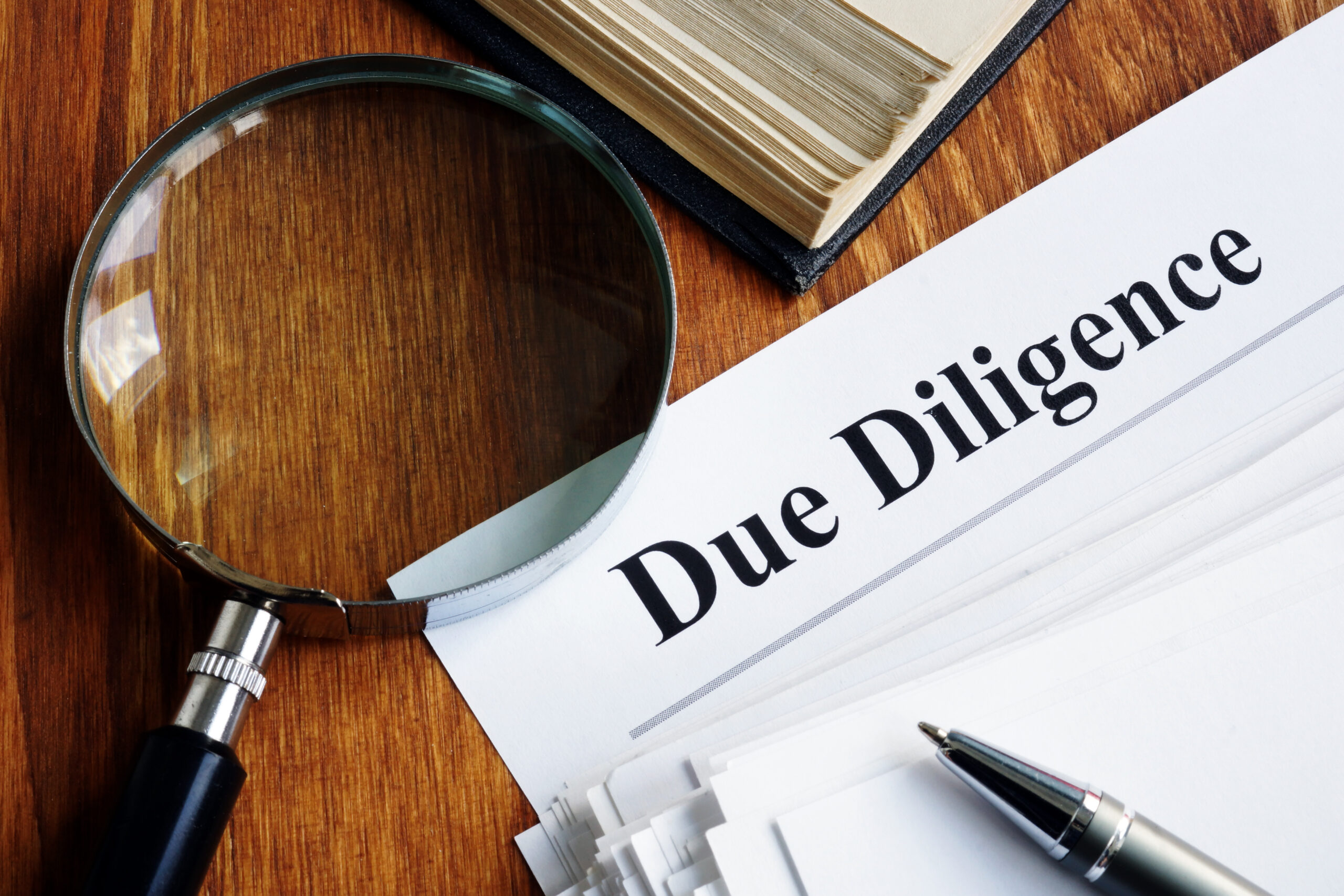When buying an existing business, due diligence is the legal process of verifying information about a particular business as provided by the seller or business owner. In other words, if you’re buying a business, you want to ensure that it’s an established business and worthy of investment.
If you don’t conduct due diligence in the final stages of a business purchase, you could end up with a bad contract or an unfair deal. That’s why, when acquiring an existing business, it’s vital to dig deeper or consult professional business brokers to assist and protect your interests.
There are a variety of things that should be on your checklist when looking at buying a new business. Below, we discuss the necessary aspects you must include in your checklist.
Investigate Their Financial Statements
One essential aspect is examining the business’s financial records — preferably in the last three years. This financial data must include the company’s expenses, income, or cash flow. Note that most small business financials are prepared in detail to lessen taxes. Both parties’ accountants must meet prior to the closing to review and verify all numbers for accuracy.
Ask for Their Employee Roster
Review the company’s organizational chart to verify that critical employees will be staying after the business ownership changes to save time in hiring employees. Additionally, this will give you insight into how the small business administration manages salaries, compensations, and employment terms.
Understand Their Business Model
Together with your business broker, you’ll analyze the current structure and business operations practices to ensure the potential future cash flow of your new business. This is your chance to learn essential information about their customer base, competitors, trends, and other significant strategies.
Analyze Existing Customers’ Database
During the process, verify and review all customer lists and databases. You need to know their existing customer base and the items they usually purchase. This way, you can gain ideas for your new business plans. Also, find out if a sales agreement is needed with each transaction — as well as the return or refund policies, campaigns, or sales price and records. After all, these individuals will be your same clients.
Examine Contracts and Legal Issues
Through this process, you’ll sit with the current owner to review and verify all contracts associated with buying a business. During the meeting, you must guarantee that the company has no existing legal issues, partnerships with other small business owners, or indentures.
To avoid an instant business acquisition loan, certify that there are no seller financing obligations or debts. All these concerns must be cleared, including the legalities of permits and licenses.
Get an Inventory of the Business’s Assets
Physical business assets are critical to the success of a business. Before finalizing the purchase price, take time to list the company’s property and its market value. Include existing products, warehouses, offices, leases or titles, and company cars. Likewise, don’t forget to include intangible assets like patents, digital information, and copyrights.
Final Words
In essence, due diligence is an integral part of any investment. The process has you wear several different hats — which gives you a clearer picture of the company you intend to purchase. Alongside your professional business broker, accountant, and attorney, you should be able to bypass any problems down the road. By doing so, we believe you can build a successful business.
